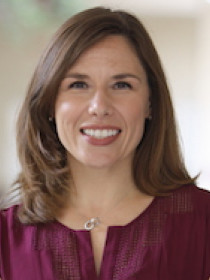
Catherine Bolzendahl
Connect with Catherine
About Catherine
Bolzendahl is a political sociologist whose research addresses critical questions about political and gender inequality through international and interdisciplinary collaborations. She received her BA in Sociology from the University of Notre Dame, with a concentration in the Hesburgh Program in Public Service, and her PhD in Sociology at Indiana University. Catherine was a faculty member at UC, Irvine for 14 years before joining OSU in 2020.
Contributions
Why U.S. Legislatures Need Social Policy Committees
Publications
Interrogates women's political empowerment', considering its definition, measurement, and application.
Examines whether respondents think party/politician views on family issues are important and asks respondents to provide examples of relevant family issues. Differing approaches to family issues may stem from the patchwork system of legislation for families in the United States.
Examines legislatures as gendered organizations that build gender into their institutional operation. Creates conditions for gendered policy influence.
examines currents in public opinion to assess their policy implications and predict how Americans’ definitions of family may change in the future. For most Americans, however, the boundaries around what they define as family are becoming more malleable with time.
Finds that women are more likely than men to have voted and engaged in ‘private’ activism, while men are more likely to have engaged in direct contact, collective types of actions and be (more active) members of political parties.